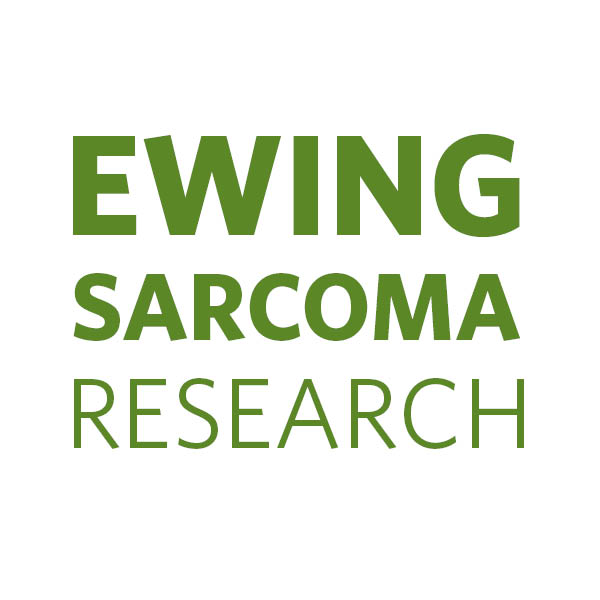
Dr. Choo is also a St. Baldrick’s Fellow, having received a two-year, $123,149 grant for her pediatric oncology research focused on Ewing sarcoma, a bone and soft tissue cancer that occurs in adolescents and young adults.
One of the reasons why Ewing sarcoma can be so challenging is its tendency to metastasize, or spread to other parts of the body, often before it’s detected. Once the cancer spreads, survival rates drop below 30%, despite aggressive chemotherapy and surgery. Those who survive are often left with long-term health effects, which can include other cancers caused by the very treatments that initially saved their lives.
Fortunately, researchers have identified certain genes that are specifically turned on in metastatic Ewing cells (the cancer cells that have spread to other parts of the body). By developing targeted therapy against these gene products, Dr. Choo hopes to treat Ewing sarcoma more effectively and reduce the use of conventional toxic chemotherapy agents that can harm the otherwise healthy parts of the body.
“Promising data with new drugs have already shown a decrease in recurrence and spread of sarcomas in adult patients. My research works to make those same changes in pediatric sarcomas,” Dr. Choo explained. “By using new targeted therapies against pediatric sarcomas, we can decrease side effects and increase survival.”

 SBF
Tweets »
SBF
Tweets »